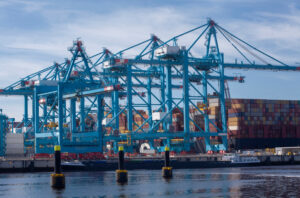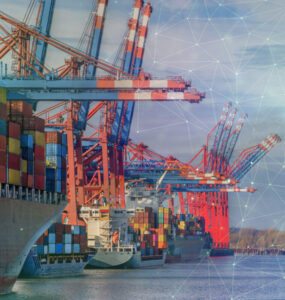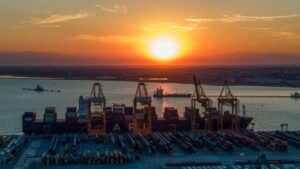The American Bureau of Shipping (ABS) has signed a Strategic Framework Agreement with Hyundai Heavy Industries (HHI) to work together on autonomous vessel projects.
ABS specialists will soon begin working with HHI’s Korea Shipbuilding and Offshore Engineering (KSOE) and its autonomous navigation subsidiary, Avikus, to integrate autonomous and remote-control functions into vessels.
The work will be conducted under the requirements outlined in the ABS Guide for Autonomous and Remote-Control Functions, which provides a mix of goal-based and perspective requirements set against a wider risk-based approach.

“Autonomous vessels will have a significant role to play in the future of maritime transportation, but they will need to be at least as safe as existing vessels,” said John McDonald, Executive Vice President and Chief Operation Officer of ABS.
“It will take extensive research and development activity, teamwork and sharing of expertise among the leading maritime players to get us there. That’s why this agreement is a game-changer, as it unites ABS’ insight with HHI’s expertise to develop practice applications of the technology.”
Sung Joon Kim, Chief Technology Officer of KSOE, added “It is very meaningful to work on the long-term joint development of autonomous ships with ABS. This is a key topic in the future of shipbuilding and of the maritime industry.
“We look forward to comprehensive cooperation for the development of practice in autonomous ships, including safety management, and remote control, along with the advancement of navigation automation technology, led by the HHI Group.”
ABS has already worked alongside other leading companies on autonomous and remote-control vessel project across the global. Overall, these projects informed the developments of its guide.
In other recent news, Hyundai Heavy Industries’ Engine Machinery Division (HHI-EMD) teamed up with Winterthur Gas and Diesel (WinGD) to develop environmentally sustainable two-stroke engine technology.
Announced in November 2021, both parties aim to develop engine solutions that will help further reduce greenhouse gas emissions from methane while improving engine efficiency.









